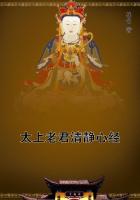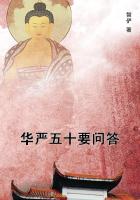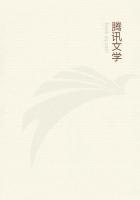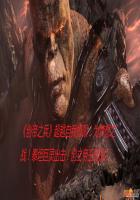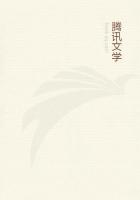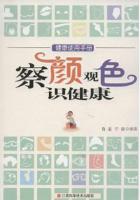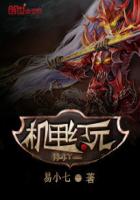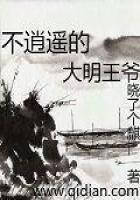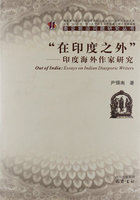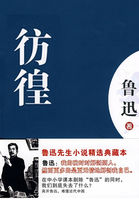Step by step, now more slowly, then more rapidly, but with increasing steadiness, the flag of the Union advanced from field to field toward the final consummation. The decree of emancipation was naturally followed by the enlistment of emancipated negroes in the Union armies. This measure had a anther reaching effect than merely giving the Union armies an increased supply of men. The laboring force of the rebellion was hopelessly disorganized. The war became like a problem of arithmetic. As the Union armies pushed forward, the area from which the Southern Confederacy could draw recruits and supplies constantly grew smaller, while the area from which the Union recruited its strength constantly grew larger; and everywhere, even within the Southern lines, the Union had its allies. The fate of the rebellion was then virtually decided; but it still required much bloody work to convince the brave warriors who fought for it that they were really beaten.
Neither did the Emancipation Proclamation forthwith command universal assent among the people who were loyal to the Union.
There were even signs of a reaction against the administration in the fall elections of 1862, seemingly justifying the opinion, entertained by many, that the President had really anticipated the development of popular feeling. The cry that the war for the Union had been turned into an "abolition war" was raised again by the opposition, and more loudly than ever. But the good sense and patriotic instincts of the plain people gradually marshalled themselves on Lincoln's side, and he lost no opportunity to help on this process by personal argument and admonition. There never has been a President in such constant and active contact with the public opinion of the country, as there never has been a President who, while at the head of the government, remained so near to the people. Beyond the circle of those who had long known him the feeling steadily grew that the man in the White House was "honest Abe Lincoln" still, and that every citizen might approach him with complaint, expostulation, or advice, without danger of meeting a rebuff from power-proud authority, or humiliating condescension; and this privilege was used by so many and with such unsparing freedom that only superhuman patience could have endured it all. There are men now living who would to-day read with amazement, if not regret, what they ventured to say or write to him. But Lincoln repelled no one whom he believed to speak to him in good faith and with patriotic purpose. No good advice would go unheeded. No candid criticism would offend him. No honest opposition, while it might pain him, would produce a lasting alienation of feeling between him and the opponent. It may truly be said that few men in power have ever been exposed to more daring attempts to direct their course, to severer censure of their acts, and to more cruel misrepresentation of their motives: And all this he met with that good-natured humor peculiarly his own, and with untiring effort to see the right and to impress it upon those who differed from him. The conversations he had and the correspondence he carried on upon matters of public interest, not only with men in official position, but with private citizens, were almost unceasing, and in a large number of public letters, written ostensibly to meetings, or committees, or persons of importance, he addressed himself directly to the popular mind. Most of these letters stand among the finest monuments of our political literature.
Thus he presented the singular spectacle of a President who, in the midst of a great civil war, with unprecedented duties weighing upon him, was constantly in person debating the great features of his policy with the people.
While in this manner he exercised an ever-increasing influence upon the popular understanding, his sympathetic nature endeared him more and more to the popular heart. In vain did journals and speakers of the opposition represent him as a lightminded trifler, who amused himself with frivolous story-telling and coarse jokes, while the blood of the people was flowing in streams. The people knew that the man at the head of affairs, on whose haggard face the twinkle of humor so frequently changed into an expression of profoundest sadness, was more than any other deeply distressed by the suffering he witnessed; that he felt the pain of every wound that was inflicted on the battlefield, and the anguish of every woman or child who had lost husband or father; that whenever he could he was eager to alleviate sorrow, and that his mercy was never implored in vain.
They looked to him as one who was with them and of them in all their hopes and fears, their joys and sorrows, who laughed with them and wept with them; and as his heart was theirs; so their hearts turned to him. His popularity was far different from that of Washington, who was revered with awe, or that of Jackson, the unconquerable hero, for whom party enthusiasm never grew weary of shouting. To Abraham Lincoln the people became bound by a genuine sentimental attachment. It was not a matter of respect, or confidence, or party pride, for this feeling spread far beyond the boundary lines of his party; it was an affair of the heart, independent of mere reasoning. When the soldiers in the field or their folks at home spoke of "Father Abraham," there was no cant in it. They felt that their President was really caring for them as a father would, and that they could go to him, every one of them, as they would go to a father, and talk to him of what troubled them, sure to find a willing ear and tender sympathy.
Thus, their President, and his cause, and his endeavors, and his success gradually became to them almost matters of family concern. And this popularity carried him triumphantly through the Presidential election of 1864, in spite of an opposition within his own party which at first seemed very formidable.

